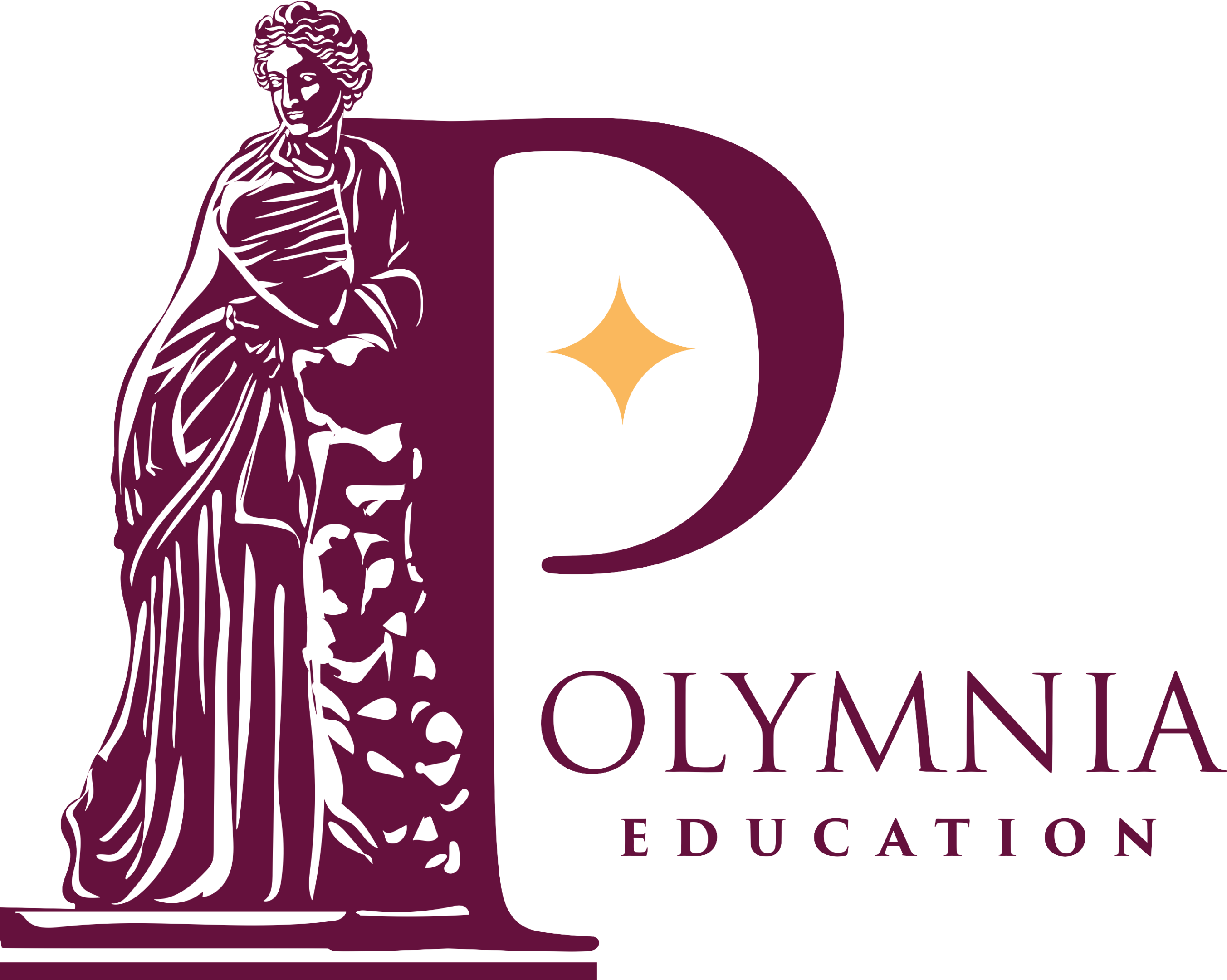
intellectually serious,
emotionally meaningful,
spiritually profound.
Polymnia education's Mission
Young people go through profound changes and development during the years spent in high school. They emerge from the age of childhood and the structure of their family and begin the process of finding a place for themselves in society.
In American society in the 21st century, the need of young people for orientation is especially acute. The post-modern condition, with its widespread breakdown of moral norms, families, ethnic communities, and national borders, tends to leave young people unmoored and uncertain of their place. The irritation with all constraints, which Plato saw as typical of those raised in democratic societies, is strong among them. The new technologies of social media and the smartphone have connected them in virtual and digitally-mediated ways while weakening their relationships with each other and reality.
In order to understand themselves, their history, their place in their community and the place of their community in the family of nations, young people need familiarity with the history of their own family, ethnicity, nation, and civilization, and also with places which are foreign enough to be different but not so foreign as to be incomprehensible. These two aspects can be conceived as vertical and horizontal, with the vertical aspect representing connections back to earlier states of one’s own civilization, and the horizontal aspect representing connections to related societies within the same civilization.
Polymnia Education seeks to help American young people achieve that orientation and connection by introducing to the history of their own civilization and to related societies within that civilization. It does so by offering week-long trips to the countries of Western Europe with the greatest influence on the United States: Great Britain & Ireland; Germany & Austria; France; Spain; Italy & Greece. These trips focus on languages both modern and ancient, literature, and history.
In so doing, Polymnia seeks to respond to a great and enduring need of young Americans, a need which is intellectual, emotional and spiritual.
Polymnia education's
statement of values
Polymnia Education attempts to fulfill its mission in accordance with the following values:
-
Integrity. Polymnia Education seeks to act with integrity and honesty in its business affairs and in its dealings with vendors, staff, stakeholders, teachers, parents, and students.
-
Care. Polymnia Education's foremost concern, in carrying out its activities, is the safety of its staff and participants
- Responsibility. Polymnia assumes each participant may be coming to the host country for the first and only time and seeks to prepare for each event with accuracy. Polymnia hopes to create the conditions necessary for its events to be life-changing experiences for participants who want that. Polymnia also accepts a responsibility to the host countries where it operates, in particular the vendors with which it works.
- Responsiveness. In the age when the volume of communications is outstripping human capacity to react, Polymnia seeks to distinguish itself from competitors by responding quickly to communications.
- Enthusiasm. Polymnia considers it a privilege to introduce young people to some of the most important and valuable goods of human life. Good literature, history, artwork & food are some of the finest things in life and are valuable in themselves, not only as a means to other things. We try to convey enthusiasm and interest in the finest things in life.